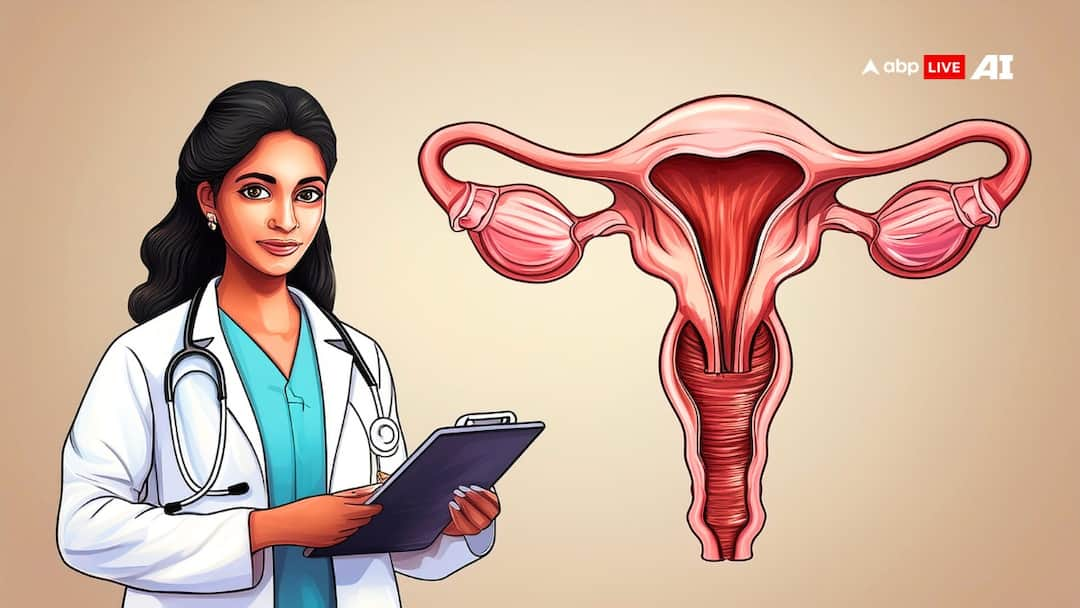Breakfast has long been considered the most important meal of the day, but new health insights suggest that when you eat it could be just as important as what you eat, especially as you age.
As people get older, many tend to shift their daily eating patterns, often delaying breakfast and dinner, while shortening the overall time window in which they eat. This seemingly small change might actually signal deeper health concerns.
ALSO READ: The Nutrition – Vision Link: Foods That Support Healthy Eyes
Why Late Breakfast Can Be A Red Flag
Regularly eating breakfast later in the day may indicate underlying physical or mental health challenges. Older adults who delay their first meal are more likely to experience issues such as fatigue, low mood, poor oral health, and disrupted sleep patterns. In some cases, these habits may reflect broader lifestyle or functional difficulties, such as challenges in meal preparation or maintaining consistent routines.
A delayed start to eating could also be tied to changes in the body’s internal clock, which regulates sleep and appetite. People who naturally prefer later sleep and wake times are more likely to eat their meals later in the day. However, in older adults, this shift can interfere with the body’s circadian rhythm, impacting metabolism, energy levels, and overall well-being.
Meal Timing And Longevity
Maintaining a consistent eating schedule appears to support healthier aging. Early meal timing, particularly having breakfast soon after waking, helps synchronise the body’s internal systems, supporting digestion, hormonal balance, and mental alertness. In contrast, irregular or delayed eating patterns have been associated with increased health risks and even higher mortality rates in older adults.
While trends like intermittent fasting and time-restricted eating continue to gain popularity, their effects can vary depending on age and individual health status. For younger people, shortening the eating window might offer metabolic benefits, but in older adults, a delayed or skipped breakfast could do more harm than good.
Keeping a regular meal schedule, especially making breakfast a priority, can serve as an easy, practical step toward maintaining good health and longevity. Starting the day with a balanced meal not only fuels the body but may also reflect a healthy lifestyle and routine, both key components of aging well.
[Disclaimer: The information provided in the article is intended for general informational purposes only. It is not a substitute for professional medical advice, diagnosis, or treatment. Always seek the advice of your physician or other qualified healthcare provider with any questions you may have regarding a medical condition.]
Check out below Health Tools-
Calculate The Age Through Age Calculator



